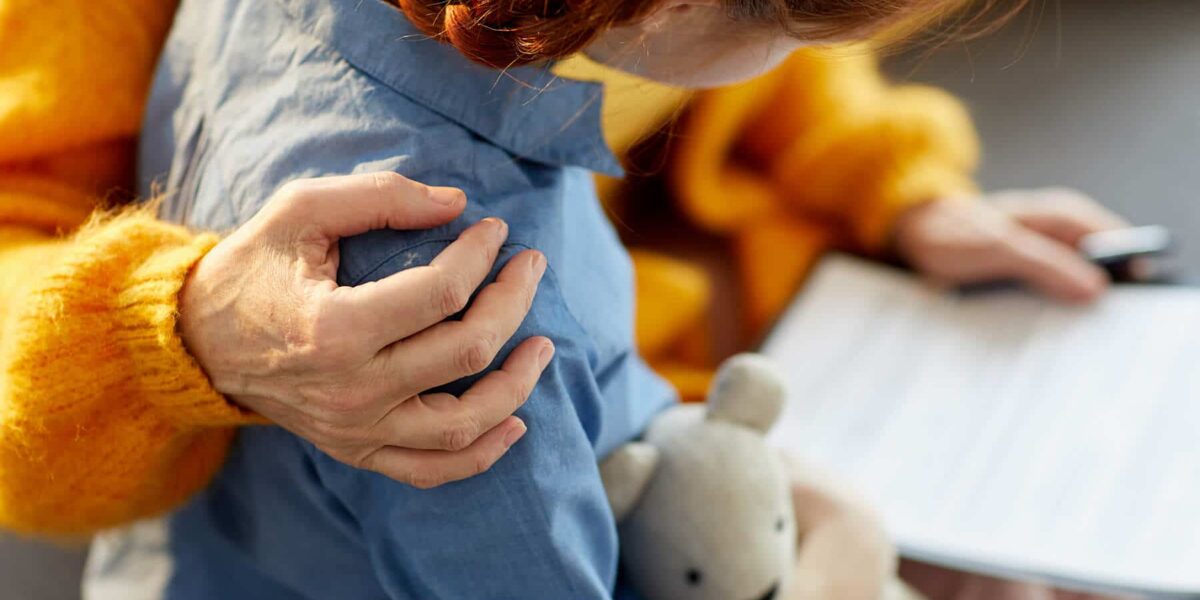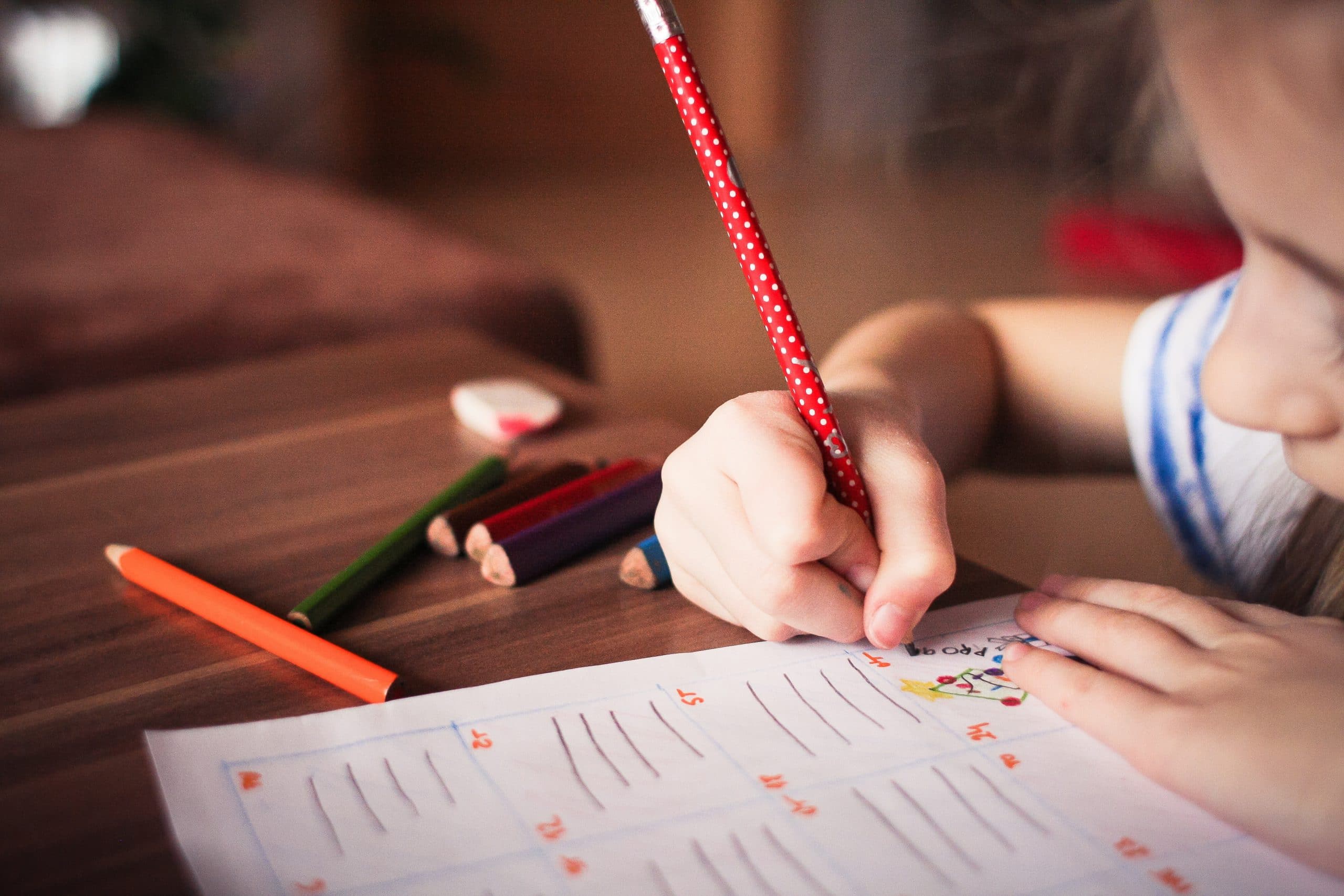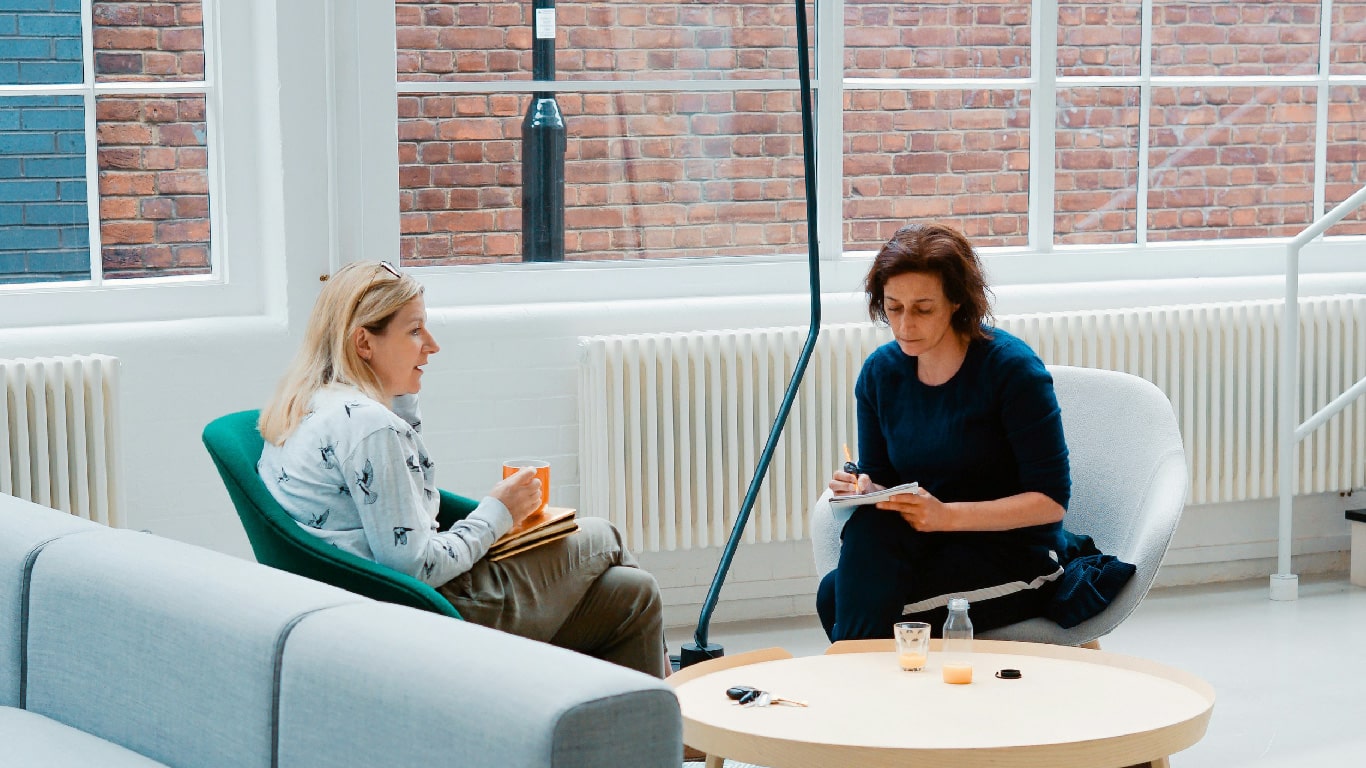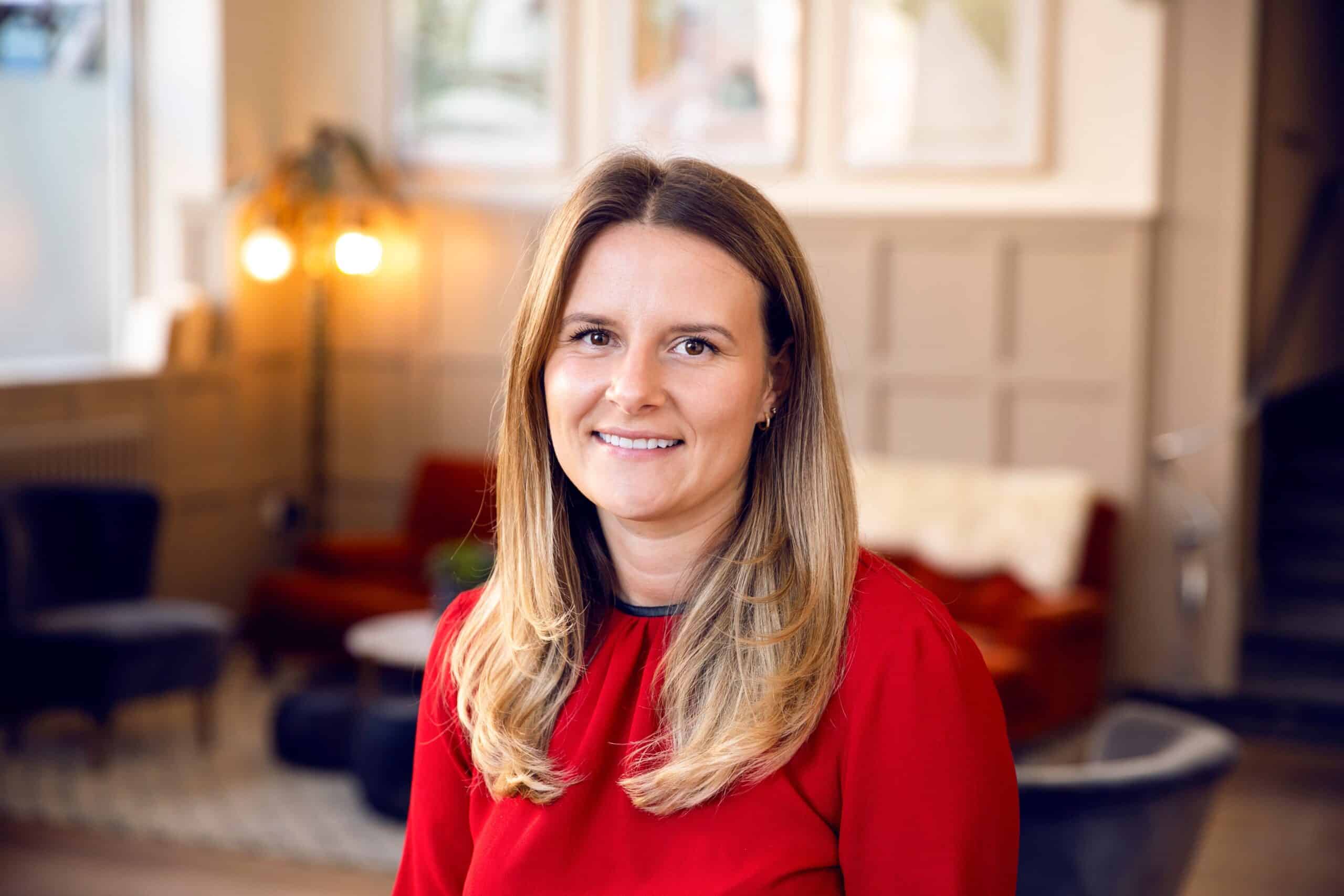Can children give evidence in family law Court proceedings?
Explore how the Family Court approaches children giving evidence, balancing their welfare, participation, and the need for justice.

Children are very often at the heart of private family law proceedings and the issues to be resolved. Decisions such as who the child should live with, what time should they spend with the other parent, where they should go to school all concern the child and very often the child’s voice is vital to help the Court decide what is the right outcome. However, trying to obtain evidence from a child direct can be complicated.
Are children allowed to give evidence?
Traditionally, the Family Courts have been extremely hesitant to allow children to give direct evidence in proceedings. The view was that the emotional damage of being directly involved in the Court’s process far outweighs the benefit of having a direct input. However, times have changed.
There is no longer a presumption against children giving evidence in Court. The Court now takes a “child-centred” justice approach meaning that the Court will carefully consider how and if a child’s voice should be heard. The Court will balance the need for the evidence from the child against the potential harm from the child giving that evidence.
The Court will consider several factors such as the child’s age and maturity, the importance of their evidence to the outcome of the case and the risk of emotional distress.

How will a child give evidence
There are several ways that a child can give evidence withing family proceedings. The most common way is by meeting with a CAFCASS officer, or a social worker, who has been asked to prepare a report for the family. If the child is old enough to understand, the CAFCASS officer will ascertain what their wishes and feelings are and provide these to the Court.
In rare cases, children can participate direct in the Court proceedings and give evidence, either in Court or via a video link. There will be special measures in place to protect their welfare.
In cases of extremely high conflict or complex cases, the child may be made a party to the proceedings and have their own solicitor and Children’s Guardian who will be representing them separately from the parents and will be looking out for their welfare.

How will a child be protected when giving evidence?
If the Court decides that it is necessary for a child to give evidence in Court, the child will be safe and supported. This includes the use of an intermediary or video recording/video link to avoid the child being face-to-face cross examined, with regular breaks being taken. Another protective measure that can be used is for the child to provide pre-recorded evidence.
All professions involved will be aware of the specific rules on how to treat the child as a witness. This means that all questions asked of the child in cross examination, for example, will be approved and tailored for a vulnerable witness, and asked in a different way.
The child’s welfare will remain the paramount concern of the Court. The Court will carefully consider children giving evidence on a case-by-case basis. The Court will need to strike the right balance between hearing their voice, obtaining vital evidence and protecting their welfare.

Family law specialists
Our family lawyers are experts in family law proceedings and have experience of children giving evidence at Court. For any queries, please contact us on 01202 525333 or via our make an enquiry form.
How can Ellis Jones help?
If you would like help or advice regarding from one of our specialists, please do not hesitate to contact us on 01202 525333.
Get in touch















